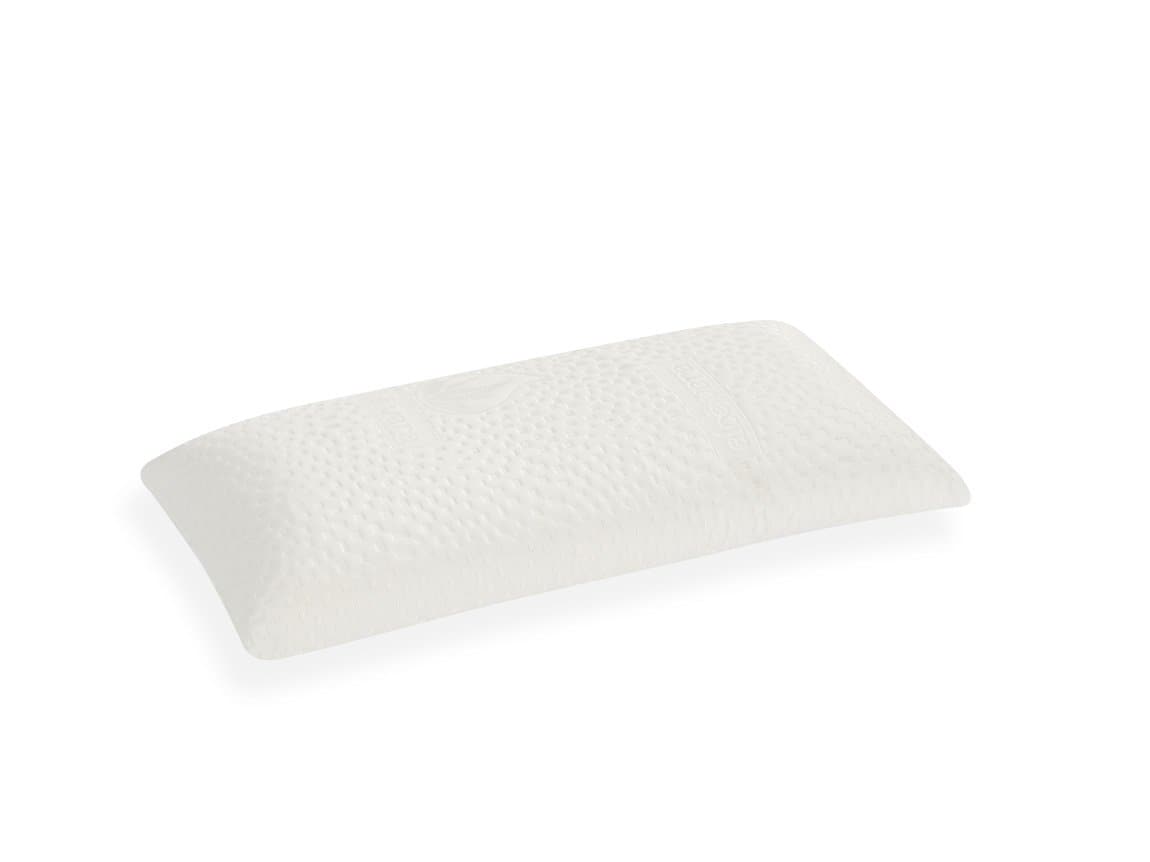
One of the most recommended remedies to improve or fall asleep is meditation. Sometimes it can be intimidating and seem difficult... how do you manage to leave your mind blank? Isn't that something only monks in Tibet achieve? The truth is that meditation, in a trend as current as Mindfulness, is easily achieved and with few requirements.
What is Mindfulness and how is it practiced?
Mindfulness or “full attention” consists of consciously paying attention to the present with interest, curiosity and acceptance. It does not mean leaving the mind blank, as many will believe, since this is something difficult that requires a lot of practice, but it is about redirecting all thoughts about things from the past and future to the present, taking into account the situation in which that is in the moment.
Attention is paid to the present because it is the only one capable of changing our moment: the past cannot because it has already taken place and the future has not yet occurred. With Mindfulness, you let the experience flow as it is happening, observing it as if you were a spectator or observer of your own life.
Mindfulness can be practiced in many ways. Some of them are:
🧘🏻 Training the ability to accept your present situation without judging it, just observing.
🕯 Having intentionality and determination: you can only meditate if you want to meditate, so you have to find times of the day to do it, preferably far away of the noise.
☁️ It can be done both sitting with your spine straight and lying down. The important thing is to have your back well aligned to facilitate breathing.

The benefits of Mindfulness in everyday life
The benefits of meditating daily (or often) are incalculable for your health. Muscle relaxation allows a significant reduction in stress and its symptoms, in addition to improving muscle pain and contractures.
Mindfulness helps you come into greater contact with yourself and be less reactive to unpleasant experiences, as you learn to manage both your emotions and acceptance of things that you don't want to happen much better. This balances emotions and generates more calm and peace. Meditation helps us recognize that sensations are fluid, just like time, that everything comes and goes, and finally, it ends up passing.
Mindfulness during rest
Most people who do these practices in their routine say that it helps a lot when going to sleep. It can be practiced throughout the day, but if you do it before going to bed, you will be sure to enter between the sheets with a much greater degree of relaxation.
Meditating helps you have a more restful and deeper sleep , avoiding waking up several times during the night and breaking sleep cycles . It also helps you wake up with more energy and improves concentration throughout the day because your mind is much clearer.
Relaxing the muscles lowers the heart rate and regulates breathing, something key to resting both the body and the mind.
Furthermore, a greater state of physical and emotional relaxation helps to improve all of the above aspects and the quality of sleep.






